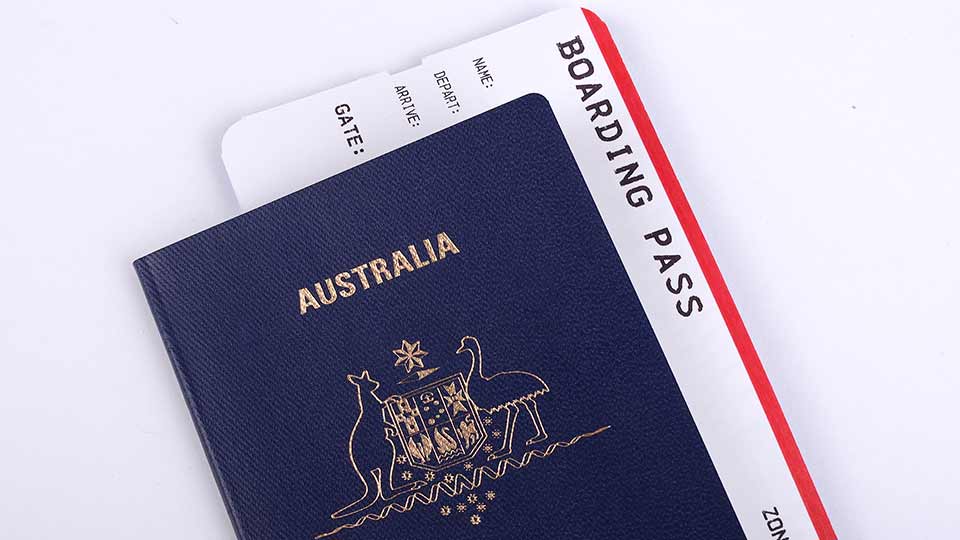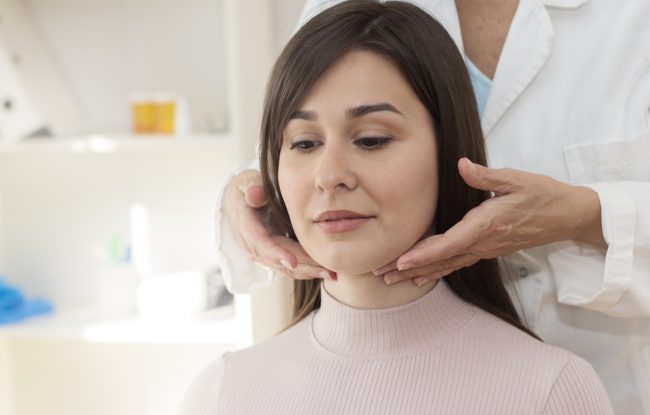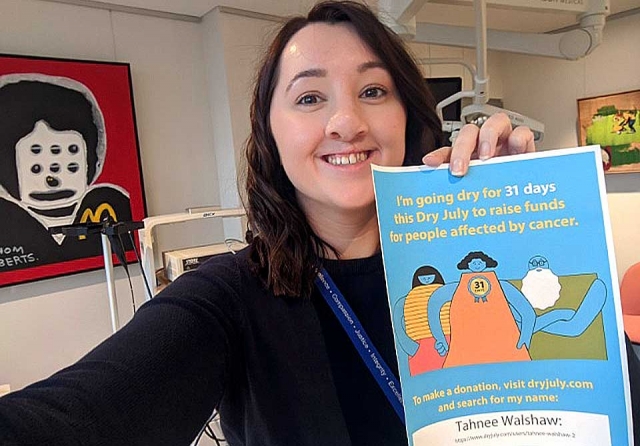I am receiving a lot of enquiries from head and neck cancer patients about whether or not they should cancel their overseas travel plans. The typical question is, “given the COVID-19 situation, does Dr Gallagher think I should still go?” Unfortunately there is no one answer. Weighing up the pros and the cons varies from patient to patient and destination to destination.
As a general rule all recovered cancer patients, and those still undergoing treatment, should visit their General Practitioner (GP) for a health assessment before planning an overseas trip. At the very least you may need to know about vaccines. This is why I am encouraging patients who ask me for travel advice to book a consultation with their General Practitioner (GP) and check the Australian Government’s Smart Traveller website.
Studies from countries treating large numbers of COVID-19 patients present strong evidence that recovering head and neck cancer patients should be concerned. This blog covers those specific COVID-19 risks, many of which are similar to the risks for influenza, and more general tips on how to conduct a travel risk assessment, including;
- The benefit of an impartial opinion
- Medical risk factors to discuss with your treating doctor
- Financial pros and cons
- How to find quality information from authoritative sources
The importance of an impartial opinion
Research tells us there is a tendency for people to be less rational when risks and exposures concern themselves as opposed to others. There is also a tendency to underestimate risks that are voluntary or where the individual sees themselves as being in control, such as smoking. Getting real about risks can be tricky when many of us are prone to wishful thinking. Many people also lean towards normalcy bias, a tendency for people to believe that things will always function the way they normally have functioned. These very human qualities mean that most of us should not conduct a risk assessment on our own.
It is hard to let go of the ‘trip of a lifetime’
Most of the enquiries I am receiving about overseas travel are from patients wondering if they should cancel upcoming holidays. These holidays have often been planned months in advance. Typically, overseas holidays are something we look forward to and think of as a reward. Overseas travel for Australians tends to be very expensive because of the long distances involved. In other words, it can be hard to shelve travel plans when you have spent a lot of money and have been looking forward to them for a long time. This can be especially hard when patients have been unable to travel in recent years because of cancer treatment. All of that emotional and financial investment means you are less likely to be rational when conducting a risk assessment and would benefit from an impartial opinion.
Asking a treating doctor for medical information to help you make an informed decision is a good idea. But you will need to organise a face to face consultation to get individual advice. It is also important that you talk to the doctor or doctors who are most up to date with your medical history and who may be treating acute conditions which may be of greater concern than your previous cancer treatment.
Medical risks factors
In addition to your current medical status, there are some risk factors associated with COVID-19 which you and your treating doctor should consider;
- Advancing age – Evidence suggests that COVID-19 has a more severe effect on older patients. Relying on hard and fast age numbers can create a false sense of security as your biological age is impacted by your personal health history. As a general guide, the flu is considered more dangerous for Australians aged 65 years and over.
- Co-existing conditions – An observational study in The Lancet published 10 March 2020 identified co-existing conditions as a major contributing factor to fatalities among COVID-19 patients in Wuhan, China. These conditions include cardiovascular disease, diabetes, chronic respiratory disease, abnormally high blood pressure, and cancer.
- Chronic respiratory disease – reports from practitioners treating COVID-19 indicate that patients with these co-existing conditions are likely to develop pneumonia and respiratory distress. It makes sense to not only consider your history of diagnosed respiratory disease for conditions such asthma but also whether or not you have a history of smoking.
- Weakened immune system due to cancer treatment – this risk factor most applies to people who have undergone chemotherapy or long-term treatment with steroids or other immunosuppressant drugs.
- Weakened immune system – Your immune system can be weakened because of a history of heavy smoking or drinking. We know these past behaviours are common among a lot of head and neck cancer patients. Even if you no longer smoke, your immune function is likely to be weaker than that of someone who has never smoked or received treatment for cancer.
Fear and anxiety – don’t disrespect your family and travel companions
It is also worth mentioning that you, the recovered head and neck cancer patient, may have different fears to those of your travel companion. Your travel companion is likely to be the same person who supported you through your head and neck cancer treatment. Any fears or anxiety they may have about you getting sick again should be treated respectfully. It is also reasonable for them to seek independent advice.
Financial risk factors
I am not a financial advisor but I know that a lot of head and neck cancer patients experience financial hardship during treatment. For this reason I want to point out that losing the payment for a holiday is only one financial consideration. If you are detained in a country which goes into lockdown for COVID-19, or have to self-isolate when you return, then you may need to consider how you will support yourself financially during this period. Your ability to return to work may also be a concern.
Reliable information
Information about COVID-19 is changing day by day. Between the time I write this article and publish it, travel advice for your destination(s), including any port you pass through, may have changed. This is why Smart Traveller is a very useful resource. I would also recommend that you review advice from your Australian state or territory health department. This is important if you decide to go ahead with your travel plans as you will need to keep tabs on the changing situation in Australia.




